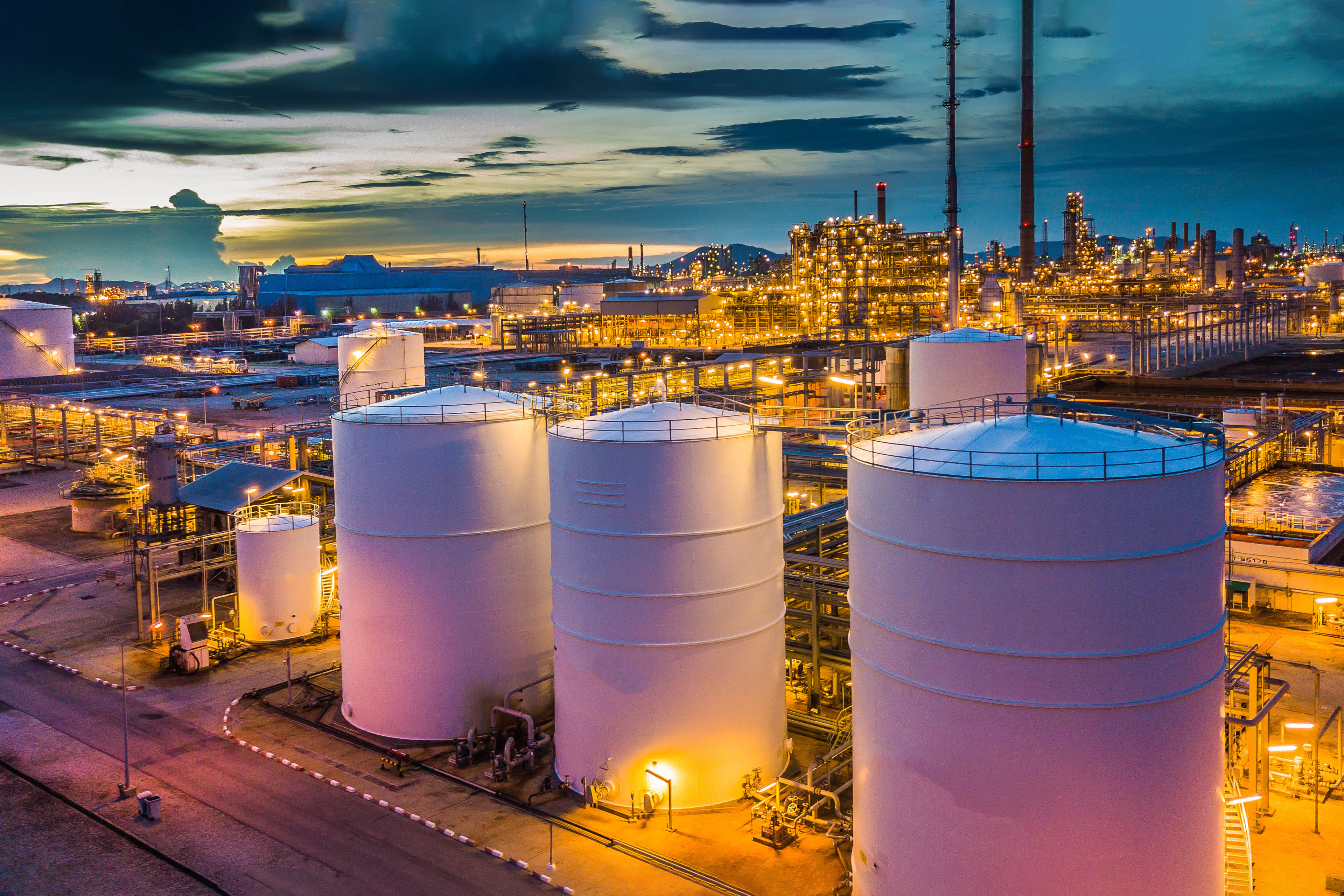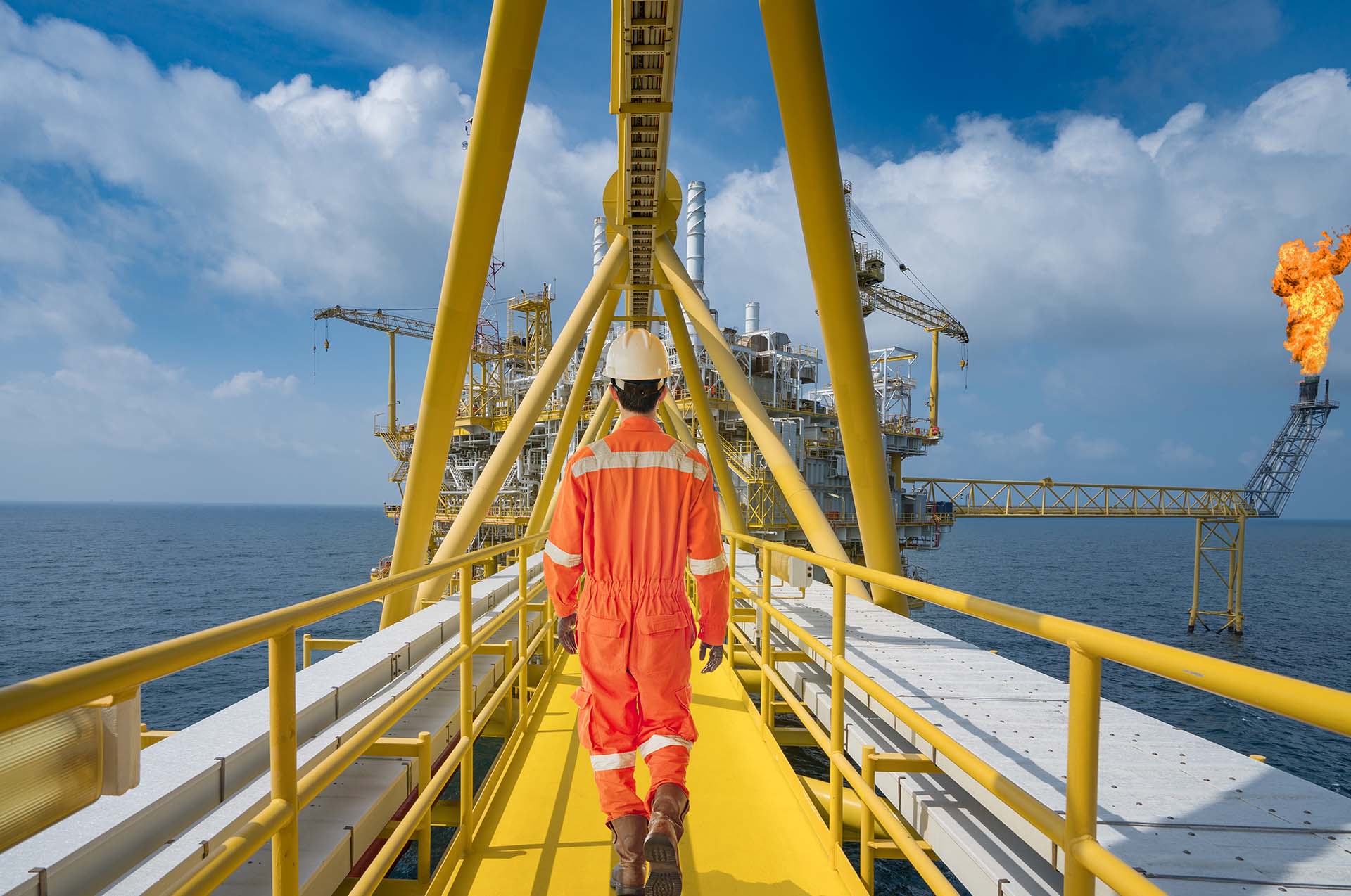Opportunities in Oil and Gas Industries
Opportunities in Oil and Gas Industries: Adapting to a Changing World
Understanding the Oil and Gas Industry
In terms of global economic development, the oil and gas industry has always been at the fore. The sector, however, is not uncommon in the changing globe. As the globe moves towards a more sustainable and ecologically sensitive future, the oil and gas sector must adapt to meet the expectations of this new era.
The energy sector has seen significant changes over the last two decades, with key players undergoing extensive re-engineering to stay competitive. To stay up with the changing landscape, strategy, and organizational structure have undergone drastic changes.

Advanced technologies are critical to opening new prospects in oil and gas companies. Technology is helping the sector to extract resources from difficult sites, from subsea wells to rugged surroundings. Because of technological improvements, the sector is exploring new frontiers and discovering new ways to extract oil and gas from challenging environmental circumstances. Additionally, the development of technology has not only revolutionized the oil and gas business itself but also spurred innovation among suppliers of equipment and services to this industry.
Overview of the Oil and gas industry in Australia
Australia is one of the world's leading producers of oil and gas, and the industry is expanding rapidly. According to the Australian Bureau of Statistics, more than A$44 billion was invested in oil and gas in the past year. Australia is the fourth-largest exporter of liquefied natural gas (LNG) and the third-largest crude oil exporter in the world. The sector is a major employer in Australia, with roughly 70,000 employees. It is also an essential source of revenue for the government, with more than A$40 billion in taxes and royalties collected this year. The oil and gas business in Australia has a lengthy history, with discovery starting in the 1930s and production starting in the 1950s. The industry is also actively looking for ways to reduce its emissions and develop new technologies to reduce its environmental impact. With new investments and technologies, the oil and gas industry in Australia is expected to grow even further in the coming years.

Adaptation Strategies of the Largest Oil and Gas Companies in Australia
To adapt to a changing world, the oil and gas sector in Australia has implemented various strategies. One such strategy is investing in technology and innovation.
The industry recognizes that to stay competitive and relevant, it must continuously invest in research and development to enhance exploration and extraction capabilities.
This includes advancements in offshore drilling technologies, subsea equipment, and improved well control systems. These technological advancements have not only increased the industry's ability to access previously inaccessible resources but also improved safety and environmental sustainability.
Another adaptation strategy is optimizing operations to ensure profitable production. As oil and gas reserves become more difficult and expensive to explore and produce, the industry is applying optimization strategies used in traditional chemical process industries. This involves utilizing advanced data analytics, machine learning, and artificial intelligence to optimize production processes and maximize efficiency. By implementing these strategies, the largest oil and gas companies can overcome the challenges it faces in a changing world.

Unlocking Opportunities in the Oil and Gas Sector
The oil and gas industry is continually innovating to capitalize on new opportunities. One way the industry is doing this is by discovering and exploiting new resources in less accessible regions. Such innovative technology is critical for locating and exploiting fresh resources in faraway regions. Subsea well and pipeline technology developments are allowing the sector to explore fresh territories. Previously, oil and gas exploration was exclusively focused on easily accessible reserves. However, as these supplies diminish, the industry is going into severe environmental conditions and more advanced waters in search of novel supplies of oil and gas.
Impact of Global Changes on the Oil and Gas Industry in Australia
Global changes have had a profound impact on them. Changes in worldwide oil prices, environmental laws, and taxation policies all have a significant impact on the industry's capacity to remain competitive. The global economy is affected by fluctuations in the price of oil, which influence production costs and industrial competitiveness. As a result, the Australian oil and gas company has had to make many modifications to remain competitive.

In terms of environmental rules, Australia's oil and gas firm has had to adapt to severe environmental regulations to safeguard the environment while also ensuring safe and efficient operations. This comprises rules and regulations managing contaminants, water quality, and waste disposal. In addition, the sector has had to ensure that activities are carried out in conformity with environmental laws. Furthermore, the sector has had to make technological adjustments, such as the development of new technologies to minimize emissions and improve efficiency.
Taxation rules in Australia have also had an impact on the industry of oil and gas. Taxation has had an impact on the sector in terms of production costs and competitiveness. This has compelled the sector to alter its operations and investment decisions.
The oil and gas industries in Australia have been impacted by global changes, and the industry has had to adapt to remain competitive and profitable. The sector has had to adjust to new environmental guidelines, taxation policies, and fluctuations in oil prices. To remain competitive and profitable, the sector has also had to invest in new technologies and adapt its practices.

Opportunities and Challenges for the Oil and Gas Industry in the 21st Century
In the 21st century, Oil and gas companies have a unique set of opportunities and challenges. On the one hand, global demand for oil and gas is increasing and is expected to continue to do so in the coming years. This is due to rising energy consumption in emerging countries and the need to meet the expanding energy demands of a growing population. On the other hand, the industry's nature has become more complex because of greater technological applications oil and gas cooperation in Australia cation, fresh laws, and the need to address environmental and sustainability problems.
Oil and gas corporations in Australia must create strategic plans that take into consideration both the opportunities and challenges they encounter to succeed in these new circumstances. This includes creating new technologies that improve the efficiency of extraction and manufacturing processes, creating new ways of obtaining and analyzing facts, and investing in research and development to stay up with the changing industry landscape. Furthermore, oil and gas enterprises must be ready to adapt to new legislation and accept responsibility for lowering their environmental impact.
The 21st century has presented oil and gas companies with a unique set of possibilities as well as issues. To remain competitive and successful as the economy changes, entrepreneurs must remain adaptable and flexible. Oil and gas firms in Australia can continue to provide the world with the energy it requires to prosper and thrive by seizing opportunities and facing difficulties straight on.

The Influence of Economic and Political Factors on the Oil and Gas Industry
The oil and gas companies are one of the most powerful in the world, with their products powering many countries' transportation, electrical, and heating needs.
The oil and gas sector is heavily influenced by economic variables. Changes in the global economy, for instance, can have an impact on the demand for and price of oil and gas. In addition, economic downturns can diminish consumer spending, lowering demand for oil and gas. Governments can put limitations on the production and sale of oil and gas, as well as levies on imports and exports; therefore, political forces play a role in the operation.
Moreover, the industry might be influenced by the geopolitical landscape. Conflicts between countries, for example, might result in sanctions or embargoes, which can impair the supply of oil and gas. Furthermore, the advent of new technologies such as renewable energy sources may have a substantial impact on the oil and gas association in Australia by reducing demand for these non-renewable energy sources.

Overall, economic and political issues can have a significant impact on oil and gas production, pricing, and distribution. As a result, companies in the industry must be aware of these aspects and ensure that they are ready to respond to changes in the global economic or political climate.
The Future of the Oil and Gas Industry: Projections and Predictions
The oil and gas business in Australia is constantly changing, and the future of this sector is unpredictable. As technology progresses, the sector is anticipated to shift away from traditional oil and gas production methods. Renewable energy sources, such as solar and wind power, are becoming more viable energy production possibilities. Furthermore, the development of new technologies such as fracking and horizontal drilling has the potential to expand oil and gas output from unconventional sources. As technology advances, the oil and gas firm is anticipated to become more efficient and cost-effective.
The development of new technology, such as fracking and horizontal well drilling, could also significantly impact the oil and gas industry's future. These technologies have the potential to boost output from unconventional sources like shale oil and gas. This could result in an increase in the volume of readily accessible oil and gas and an increase in the price of oil and gas.

Lastly, the energy sector's future is unpredictable and will be determined by a variety of stuff. These include renewable energy development, new technology growth, and global political and economic conditions. It is impossible to predict how the sector will change in the future, but renewable energy sources are likely to become more important, and new technologies will be developed to increase production from unconventional sources. These technical advancements are expected to shape the future of oil and gas cooperation in Australia in the long run.
Subi Viking Line Engineering Services in Australia acknowledges that the concept of a project is essential to the client and works hard to guarantee that the project corresponds with the requirements of the regulations as well as the client's vision.



Comments
Post a Comment